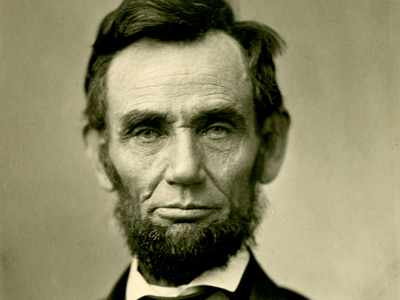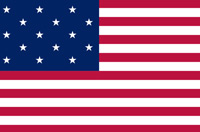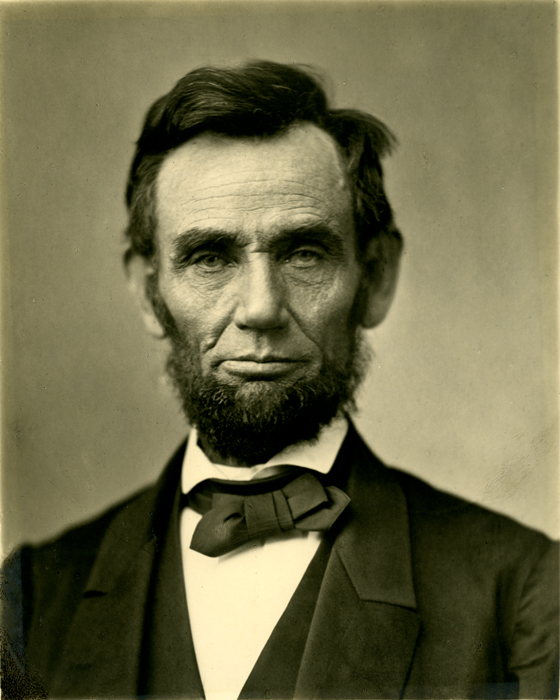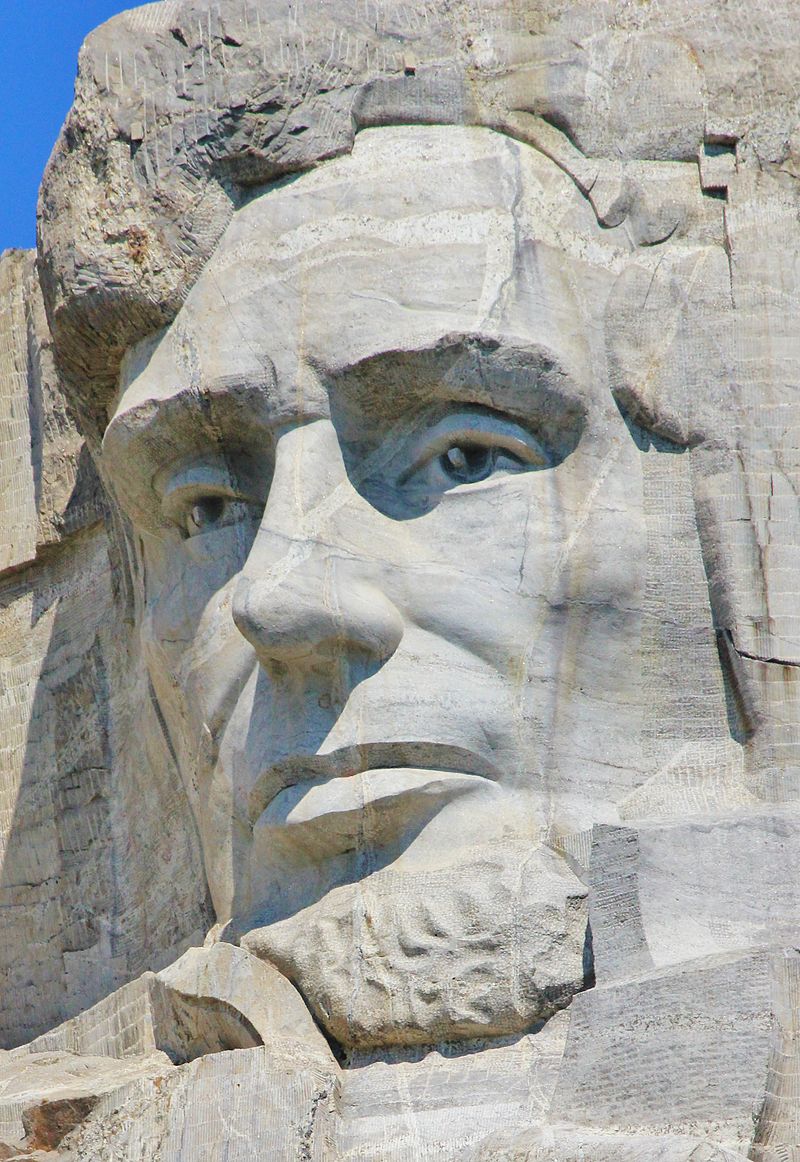Abraham Lincoln (1809-1865)
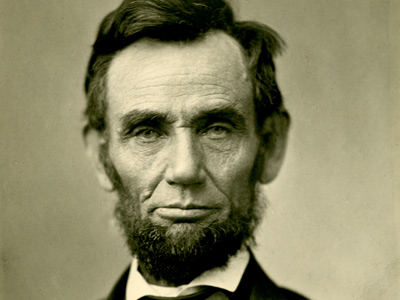
1864 Re-election
While the war was still being waged, Lincoln faced reelection in 1864. Lincoln was a master politician, bringing together—and holding together—all the main factions of the Republican Party, and bringing in War Democrats such as Edwin M. Stanton and Andrew Johnson as well. Lincoln spent many hours a week talking to politicians from across the land and using his patronage powers—greatly expanded over peacetime—to hold the factions of his party together, build support for his own policies, and fend off efforts by Radicals to drop him from the 1864 ticket. At its 1864 convention, the Republican Party selected Johnson, a War Democrat from the Southern state of Tennessee, as his running mate. To broaden his coalition to include War Democrats as well as Republicans, Lincoln ran under the label of the new Union Party.
When Grant's 1864 spring campaigns turned into bloody stalemates and Union casualties mounted, the lack of military success wore heavily on the President's re-election prospects, and many Republicans across the country feared that Lincoln would be defeated. Sharing this fear, Lincoln wrote and signed a pledge that, if he should lose the election, he would still defeat the Confederacy before turning over the White House:
This morning, as for some days past, it seems exceedingly probable that this Administration will not be re-elected. Then it will be my duty to so co-operate with the President elect, as to save the Union between the election and the inauguration; as he will have secured his election on such ground that he cannot possibly save it afterward.
Lincoln did not show the pledge to his cabinet, but asked them to sign the sealed envelope.

An electoral landslide (in red) for Lincoln in the 1864 election, southern states (brown) and territories (light brown) not in play
While the Democratic platform followed the "Peace wing" of the party and called the war a "failure", their candidate, General George B. McClellan, supported the war and repudiated the platform. Lincoln provided Grant with more troops and mobilized his party to renew its support of Grant in the war effort. Sherman's capture of Atlanta in September and David Farragut's capture of Mobile ended defeatist jitters; the Democratic Party was deeply split, with some leaders and most soldiers openly for Lincoln. By contrast, the National Union Party was united and energized as Lincoln made emancipation the central issue, and state Republican parties stressed the perfidy of the Copperheads. On November 8, Lincoln was re-elected in a landslide, carrying all but three states, and receiving 78 percent of the Union soldiers' vote.
On March 4, 1865, Lincoln delivered his second inaugural address. In it, he deemed the high casualties on both sides to be God's will. Historian Mark Noll concludes it ranks "among the small handful of semi-sacred texts by which Americans conceive their place in the world". Lincoln said:
Fondly do we hope—fervently do we pray—that this mighty scourge of war may speedily pass away. Yet, if God wills that it continue, until all the wealth piled by the bond-man's 250 years of unrequited toil shall be sunk, and until every drop of blood drawn with the lash, shall be paid by another drawn with the sword, as was said 3,000 years ago, so still it must be said, "the judgments of the Lord, are true and righteous altogether". With malice toward none; with charity for all; with firmness in the right, as God gives us to see the right, let us strive on to finish the work we are in; to bind up the nation's wounds; to care for him who shall have borne the battle, and for his widow, and his orphan—to do all which may achieve and cherish a just and lasting peace, among ourselves, and with all nations.
HISTORY
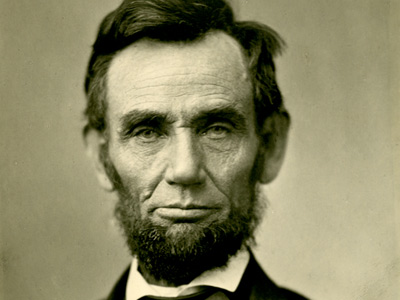
RESOURCES
This article uses material from the Wikipedia article "Abraham Lincoln", which is released under the Creative Commons Attribution-Share-Alike License 3.0.
© Stories Preschool. All Rights Reserved.
